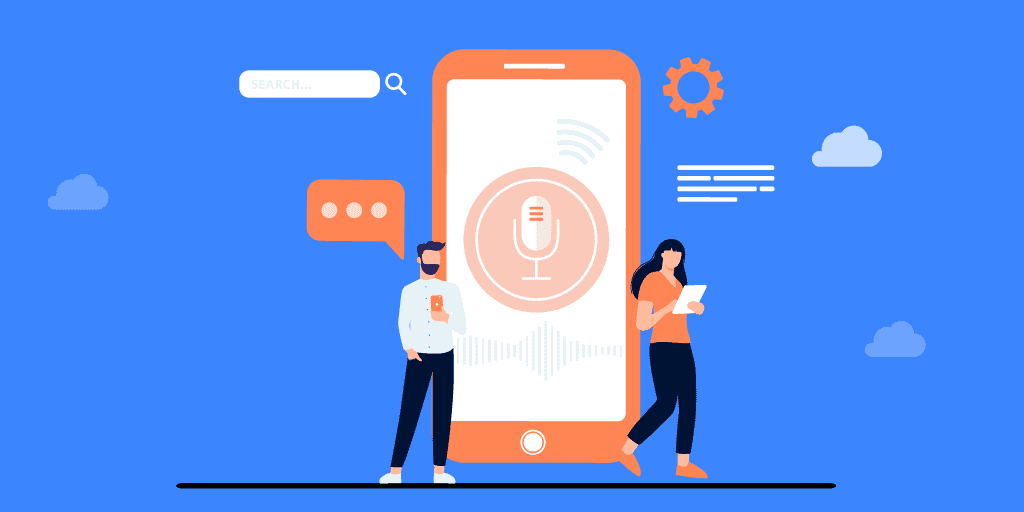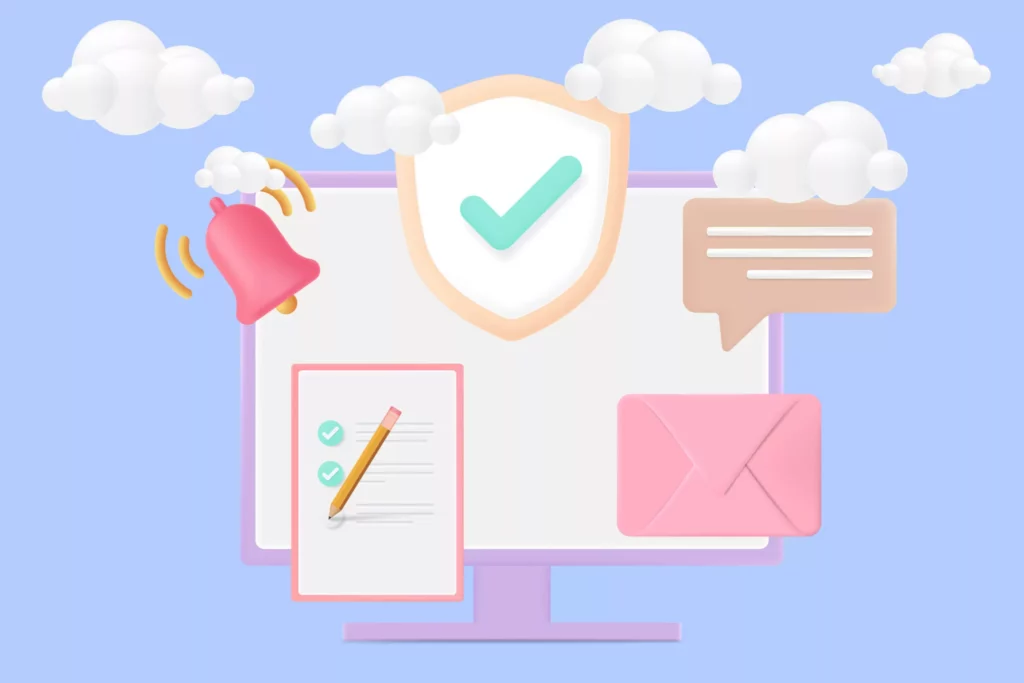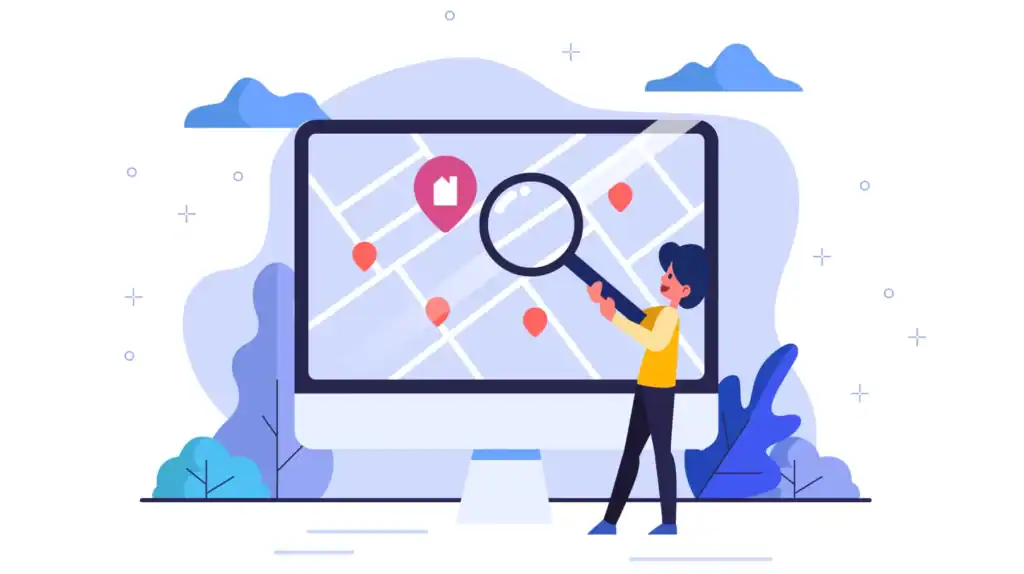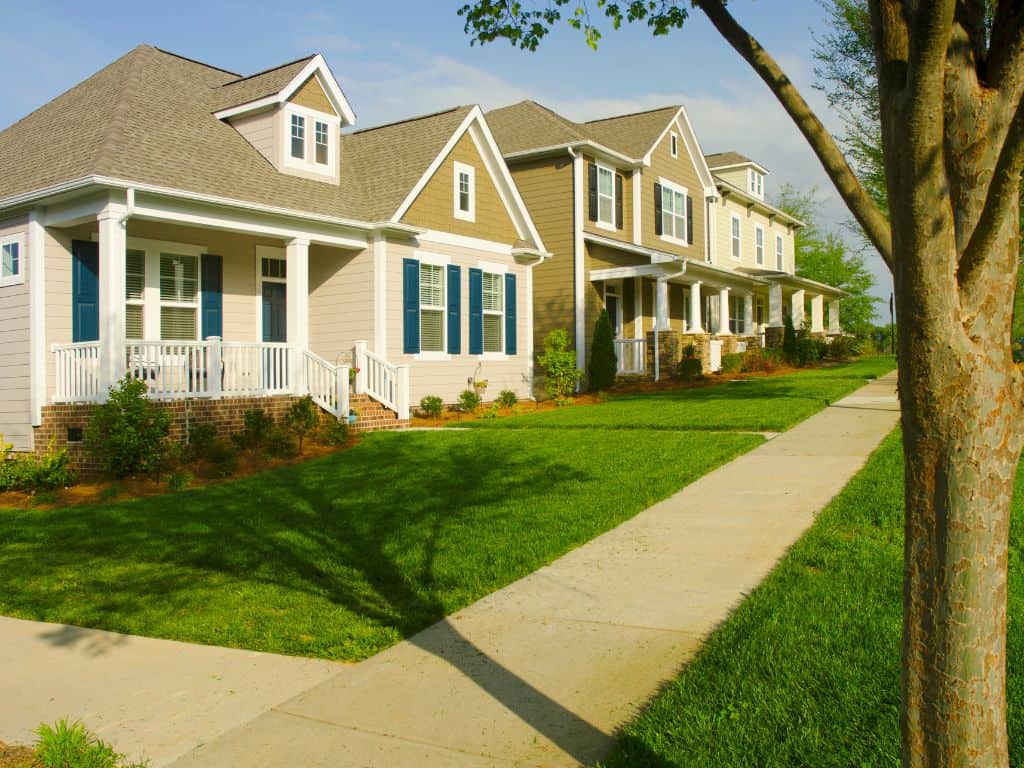In today’s competitive real estate market, technology is rapidly transforming traditional practices. One of the most promising innovations in recent years is the automated scheduling of open houses via Multiple Listing Services (MLS). This advancement streamlines the process for agents, enhances communication with potential buyers, and provides a more efficient, data-driven approach to property marketing.
Understanding MLS and Its Role in Real Estate
The Multiple Listing Service (MLS) is a database established by cooperating real estate brokers to provide data about properties for sale. Traditionally used to share property listings, the MLS has evolved into a central platform for managing a variety of real estate activities, including scheduling showings, tracking feedback, and managing open houses.
MLS platforms vary by region but typically include tools that allow agents to input listing details, schedule property events, and coordinate with buyer agents. Historically, the process of setting up open houses was largely manual, involving emails, phone calls, and spreadsheet coordination. This is where automation makes a significant impact.
What is Automated Open House Scheduling?
Automated open house scheduling refers to the integration of scheduling tools directly into MLS systems that enable agents to:
-
Schedule open houses within the MLS platform
-
Sync open house details with public websites and apps
-
Notify other agents and potential buyers automatically
-
Avoid conflicts or double-bookings with real-time updates
These tools reduce the administrative burden on real estate professionals and ensure a consistent experience for all stakeholders.
Key Features and Benefits
Efficiency and Time Savings
Agents no longer need to manually coordinate with colleagues or clients to schedule open houses. With automation, they can quickly select available time slots, add details, and broadcast the event to relevant parties—all within minutes.
Real-Time Updates and Notifications
When an open house is scheduled, rescheduled, or canceled, automated tools send instant updates to all parties. This eliminates confusion and ensures that everyone has access to the most current information.
Wider Exposure Through Integration
Automated scheduling through MLS typically includes automatic syndication to consumer-facing platforms like Zillow, Realtor.com, Redfin, and brokerage websites. This increases the visibility of open houses, driving more foot traffic and generating more leads.
Conflict Prevention
The scheduling system cross-references existing appointments and open houses to prevent double-bookings or overlapping events. This is especially valuable for multi-listing agents or high-traffic properties.
Enhanced Reporting and Analytics
MLS systems with automation capabilities can track metrics such as open house attendance, duration, and buyer feedback. These insights help agents refine their marketing strategies and provide sellers with concrete data.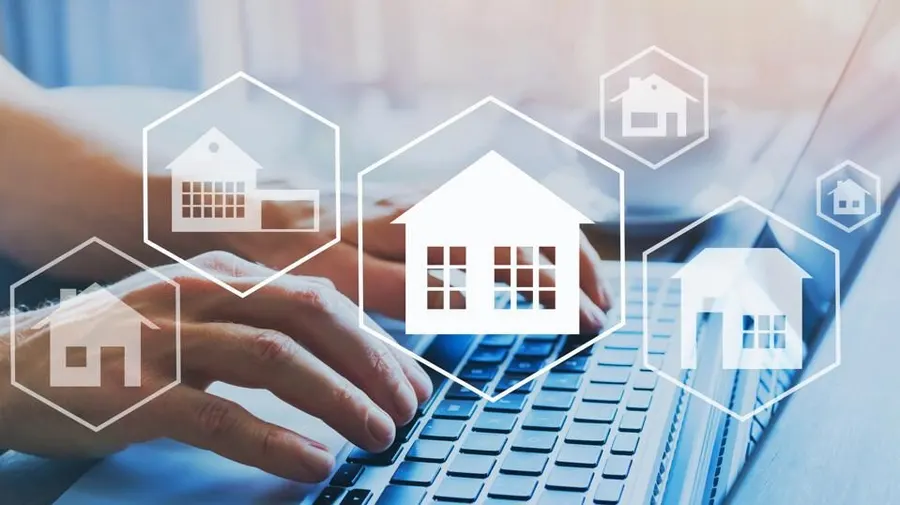
How It Works: A Step-by-Step Overview
-
Agent Login and Property Selection
The listing agent logs into the MLS platform and selects the property for which they want to schedule an open house. -
Event Creation
They enter the date, time, and any specific instructions (e.g., mask requirements, limited occupancy). The system checks for conflicts and confirms availability. -
Automatic Promotion
Once saved, the open house is automatically pushed to MLS-connected websites and mobile apps. It is also visible to other agents and buyer clients. -
Notification and Confirmation
The listing agent receives a confirmation, and notifications are sent to subscribed users, including buyers who have saved search alerts. -
Post-Event Feedback (Optional)
Some MLS platforms include the ability to request feedback from attendees or the buyer’s agent, streamlining the post-open house follow-up process.
Integration with Other Tools
Modern MLS systems are increasingly integrated with Customer Relationship Management (CRM) tools, calendar apps, and virtual tour platforms. For example:
-
CRM Integration allows agents to automatically log attendees and follow up.
-
Calendar Syncing ensures open house events appear in Outlook, Google Calendar, or Apple Calendar.
-
Virtual Open Houses can be scheduled alongside physical ones, catering to remote buyers and broadening the property’s exposure.
Challenges and Considerations
While the benefits are clear, implementing automated scheduling does come with challenges:
-
Technology Adoption: Not all agents are comfortable with new tech tools, especially those who rely on traditional methods.
-
MLS Variability: Since MLS systems are regional, the availability and functionality of automation tools can vary significantly.
-
Data Accuracy: Ensuring that all listing and schedule data are entered correctly is essential to avoid miscommunication or missed opportunities.
-
Security and Privacy: Automated tools must comply with data privacy laws and protect user information.
The Future of Open House Scheduling
As automation becomes more common across industries, real estate will continue to benefit from improved scheduling systems. Emerging technologies such as AI-driven analytics, voice-command scheduling, and predictive visitor turnout models could further enhance the open house experience.
Additionally, with growing consumer expectations for transparency and convenience, automation will not just be a bonus—it will become a baseline expectation. Buyers want timely updates, easy access to listings, and flexible viewing options, all of which can be provided more efficiently through MLS automation.
Conclusion
The automated scheduling of open houses via MLS represents a significant leap forward for the real estate industry. By reducing administrative burden, preventing scheduling conflicts, and enhancing marketing reach, automation empowers agents to focus on what they do best—serving clients and closing deals.
As technology continues to evolve, real estate professionals who embrace automation tools within the MLS ecosystem will be better positioned to meet the demands of a dynamic and fast-paced market. For buyers and sellers alike, this means a smoother, more responsive, and ultimately more successful home buying experience.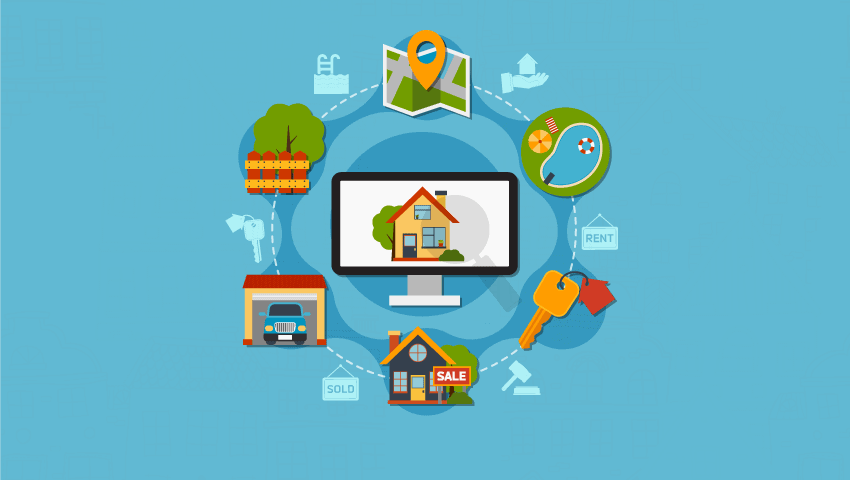
Frequently Asked Questions
What is automated open house scheduling in the MLS system?
Automated open house scheduling refers to the process of setting up, managing, and broadcasting open house events directly through the MLS platform using built-in tools. Instead of manually notifying other agents or entering event details separately on various platforms, agents can schedule the event once in the MLS, which then syncs it across connected real estate websites (like Zillow, Realtor.com) and internal tools. Automation reduces errors, ensures consistent information across platforms, and saves time for real estate professionals.
How do I schedule an open house using my MLS system?
The steps may vary slightly by MLS platform, but generally the process includes:
-
Log into your MLS dashboard.
-
Select your active listing.
-
Click on the “Open House” tab or option.
-
Enter the date, start and end time, and any notes or restrictions (e.g., COVID protocols, gated access).
-
Confirm the event and publish.
Once published, the MLS will automatically distribute this information to syndicated sites and update it for cooperating agents.
What are the benefits of using automated scheduling instead of manual methods?
Using automated scheduling via the MLS offers several benefits:
-
Time Efficiency: No need to repeat the process across different platforms.
-
Broader Exposure: The MLS feeds data to many public websites, increasing visibility.
-
Accuracy: Reduces the chance of inconsistent details across platforms.
-
Real-Time Updates: Changes or cancellations are immediately reflected across all systems.
-
Avoids Conflicts: The system can detect scheduling overlaps, preventing double bookings.
Can buyers and agents receive alerts when an open house is scheduled?
Yes. Many MLS systems are connected to alert systems for agents and buyers. When you schedule an open house:
-
Buyers who have saved a search matching the property’s criteria may receive an email or app notification.
-
Buyer’s agents who have clients interested in that area or price range may also receive updates.
-
Additionally, listing agents can manually share the open house event link or embed it in email campaigns.
Are virtual open houses supported by MLS automation tools?
Yes, many MLS platforms now support virtual open house scheduling. These work similarly to traditional open houses but include a video streaming URL (Zoom, YouTube Live, Facebook Live, etc.) in the event setup. Once scheduled:
-
The virtual event is listed alongside traditional ones on public sites.
-
Attendees can click a link to join the virtual open house at the scheduled time.
-
Virtual options are especially valuable for remote buyers or during public health restrictions.









